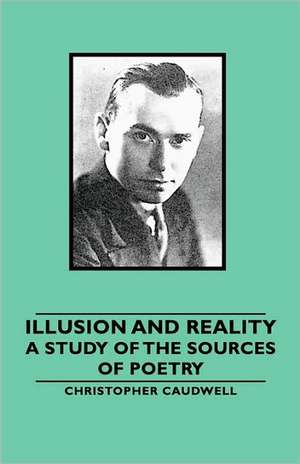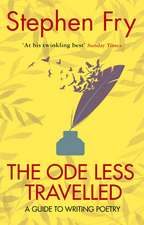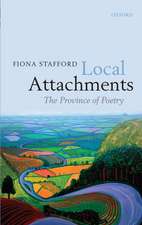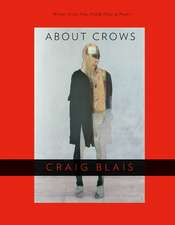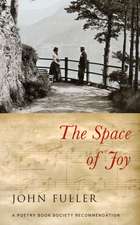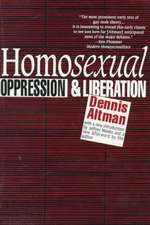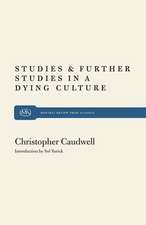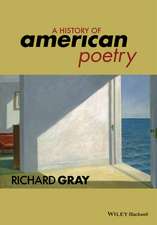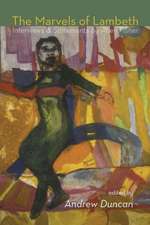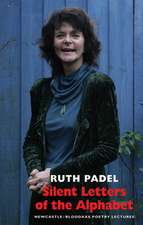Illusion and Reality
Autor Christopher Caudwellen Limba Engleză Paperback – 13 feb 2006
| Toate formatele și edițiile | Preț | Express |
|---|---|---|
| Paperback (1) | 215.67 lei 6-8 săpt. | |
| Obscure Press – 13 feb 2006 | 215.67 lei 6-8 săpt. | |
| Hardback (1) | 309.88 lei 6-8 săpt. | |
| Obscure Press – 3 noi 2008 | 309.88 lei 6-8 săpt. |
Preț: 215.67 lei
Nou
Puncte Express: 324
Preț estimativ în valută:
41.27€ • 44.13$ • 34.41£
41.27€ • 44.13$ • 34.41£
Carte tipărită la comandă
Livrare economică 17 aprilie-01 mai
Preluare comenzi: 021 569.72.76
Specificații
ISBN-13: 9781846649141
ISBN-10: 1846649145
Pagini: 276
Dimensiuni: 140 x 216 x 16 mm
Greutate: 0.35 kg
Editura: Obscure Press
Locul publicării:United Kingdom
ISBN-10: 1846649145
Pagini: 276
Dimensiuni: 140 x 216 x 16 mm
Greutate: 0.35 kg
Editura: Obscure Press
Locul publicării:United Kingdom
Notă biografică
Christopher Caudwell (1907-1937) was the pen-name of Christopher St. John Sprigg, a British Marxist poet, writer and thinker. He joined the Communist Party in 1935, and soon became a dedicated grassroots activist, continuing his writing, even though none of his Marxist works were printed during his lifetime. In 1936, he left for Spain to join the International Brigades in the anti-fascist struggle against Franco. He was killed in the valley of Jarama, February 12th 1937, during his first day of battle. He is the author of the writings compiled in Culture as Politics (Pluto, 2017).
